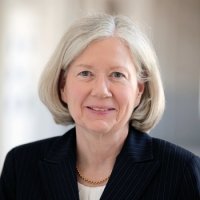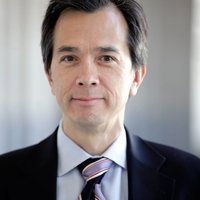Swiss Day: Can Central Banks Save the Global Economy?
The 2nd Annual Swiss Day marks the ongoing collaboration of the Wilson Center’s Global Europe Program and the Europa Institut at the University of Zurich.
The global economic crisis highlighted the importance of central banks in preventing economic collapse and restoring growth while maintaining financial stability. Central banks have responded with innovative policies to address these challenges. At the same time, fiscal authorities in many countries are tightly constrained. Thus either explicitly or implicitly, many governments are ceding macroeconomic policy authority to their central banks. Is this sustainable in the long run? With large cross border capital flows adding complexity, should central bankers actively coordinate their policies? Is this possible without compromising national objectives and central bank independence? Please join us as our expert panel provides U.S. and European perspectives on these and other critical issues.
This event is co-sponsored by the Europa Institut at the University of Zurich.
Speakers

Former U.S. Executive Director and Alternate Executive Director, International Monetary Fund

U.S. Economics Editor, The Economist
Hosted By

Global Europe Program
The Global Europe Program is focused on Europe’s capabilities, and how it engages on critical global issues. We investigate European approaches to critical global issues. We examine Europe’s relations with Russia and Eurasia, China and the Indo-Pacific, the Middle East and Africa. Our initiatives include “Ukraine in Europe”—an examination of what it will take to make Ukraine’s European future a reality. But we also examine the role of NATO, the European Union and the OSCE, Europe’s energy security, transatlantic trade disputes, and challenges to democracy. The Global Europe Program’s staff, scholars-in-residence, and Global Fellows participate in seminars, policy study groups, and international conferences to provide analytical recommendations to policy makers and the media. Read more
